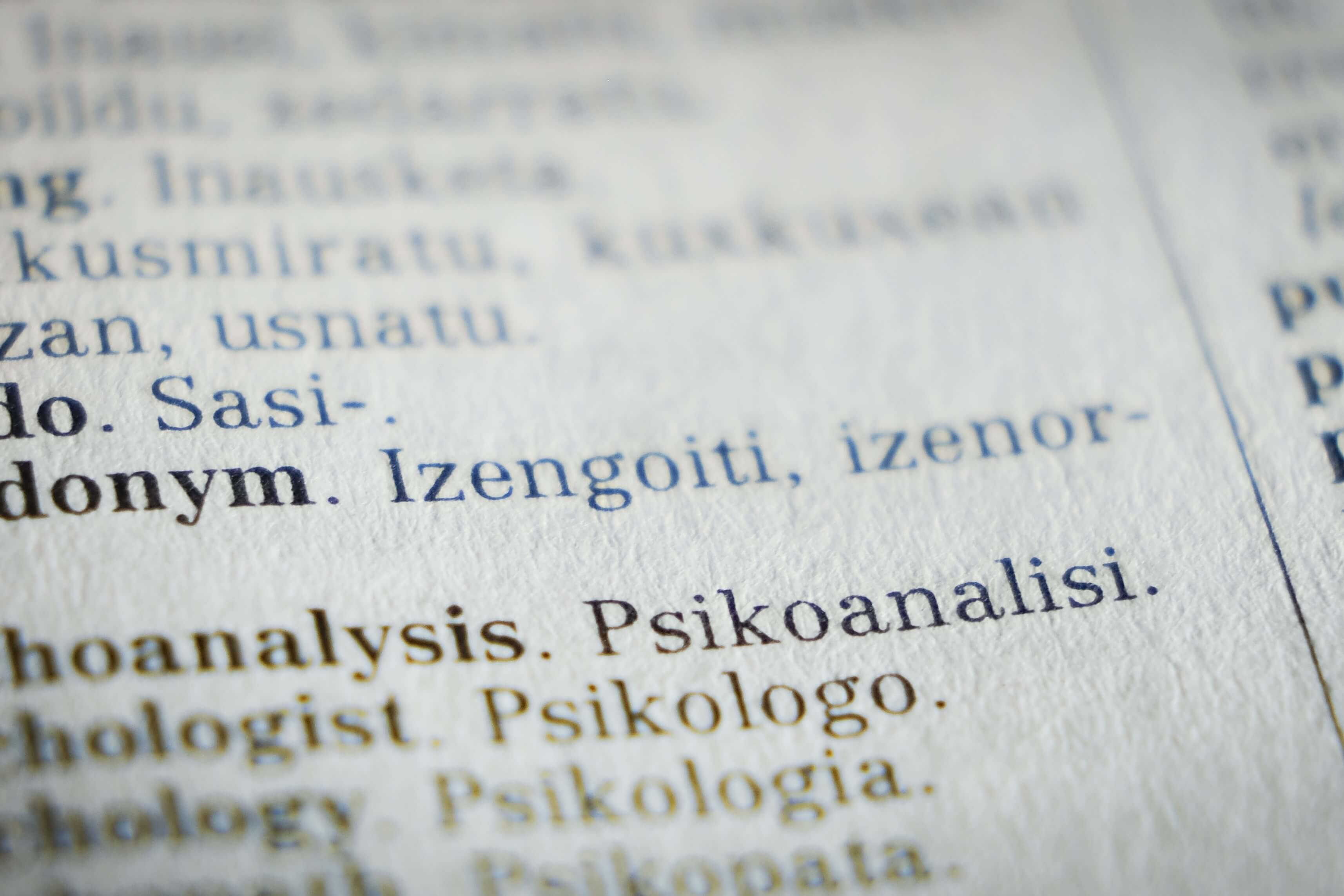Course Content
- Full IB Syllabus Coverage: Biological, Cognitive, and Sociocultural Approaches; Options (Health, Abnormal, Developmental, Human Relationships, HL Qualitative Research Methods).
- Critical Thinking Skills: Learn how to analyze, evaluate, and discuss key psychological concepts and research studies.
- Internal Assessment (IA) Support: Step-by-step guidance on designing, conducting, and writing your IA experiment for top marks.
- Essay & Paper Mastery: Practice real exam-style essays and SAQs, get feedback, and refine your writing for maximum points.
- Effective Study Resources: Get custom revision notes, model answers, and annotated exam scripts to accelerate your progress.
Exam Structure
- External Assessment
- Paper 1 (SL: 1 hr 30 min, HL: 2 hr) — Short-answer and structured questions covering biological, cognitive, and sociocultural approaches, research methods, and psychological concepts.
- Paper 2 (SL: 1 hr 15 min, HL: 1 hr 30 min) — Extended-response questions analyzing studies, applications, and ethical considerations in psychology.
- Internal Assessment (IA)
- Students design and conduct a simple experimental study, demonstrating skills in research design, data analysis, and ethical research practices.
-
Skills Developed
- Key theories, models, and studies across all core topics and options
- How to structure high-scoring essays and SAQs
- Research methods, experiment design, and data evaluation
- Strategies for Paper 1 (Core), Paper 2 (Options), and Paper 3 (HL only)
- Effective time management and stress reduction techniques for exam day
Who Should Take IB Psychology?
- Students interested in psychology, neuroscience, medicine, social sciences, or related STEM fields
- Learners aiming to earn college credit or prepare for psychology-related majors
- Anyone seeking to develop analytical, research, and critical thinking skills through understanding human behavior and cognition
College Credit
Many U.S. colleges grant credit or advanced placement for high IB Psychology SL or HL scores. This can satisfy introductory psychology or social science course requirements, allowing students to advance to higher-level psychology, neuroscience, or social science courses earlier in their college curriculum.
- SL (Standard Level): Often qualifies for introductory psychology courses
- HL (Higher Level): Often qualifies for first-year college-level psychology courses, depending on the institution





